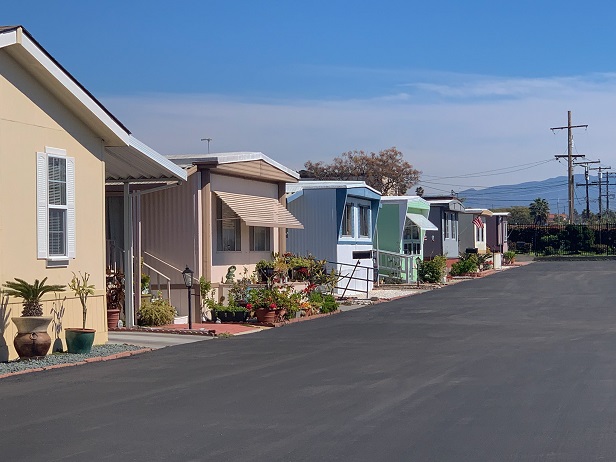Institutions are becoming increasingly interested in manufactured housing.
To name one recent example, Blackstone Group is in exclusive talks to acquire about 40 parks from Summit Communities for roughly $550 million through its REIT, Blackstone Real Estate Income Trust, according to Bloomberg.
These investors are drawn to the sector for its resiliency and upwardly trending valuations. But there are some possible clouds to this otherwise bright business case, namely the disproportionate share of lower-paying jobs lost in the retail, hospitality and leisure sectors. In recent market commentary, Tanya Zahalak, senior multifamily economist for Fannie Mae pointed out that these job losses could “have had a negative impact on MHC [Manufactured Housing Communities] and investor interest. However, to date, that doesn’t appear to be the case.”
Transaction volume still appears healthy in the sector. After growing by 25% to an estimated $13.0 billion in 2019, MHC’s posted $6.9 billion in transactions in the first half of this year, according to Real Capital Analytics. That was more than double the $2.7 billion of transaction volume in the sector in the first half of 2019.
Here, too, there is reason for pause: Transaction volume was driven by owners refinancing their properties, not sales to new owners. Individual sales declined by almost 60% during Q2 2020. Equity Lifestyle (12 properties with 4,500 sites), Sun Communities (10 properties containing about 3,700 sites) and Yes! Communities refinanced (22 properties containing more than 5,400 sites) were among the large firms that refinanced their properties in the first half of the year through Fannie Mae.
With little new construction coming online and strong investor interest in MHC’s, the average cap rate of 5.8% in Q2 2020 only increased 0.1% higher than the average as of Q4 2019, according to RCA. The price per site grew 2.6% quarter over quarter to an estimated $60,000 per site in Q2 2020.
While there are questions about hard job losses hitting MHC’s, occupancy has held up so far. For all ages MHCs, occupancies held steady during Q2, according to Datacomp/JLT. In some states, occupancies increased.
While job losses could be a headwind for MHCs, the sector should remain attractive to investors. “Given the lack of affordable housing in the country as a whole and the fact that few new MHC are likely to be built in the near term, we expect investor interest in the asset class to remain stable in 2020,” Zahalak wrote.
